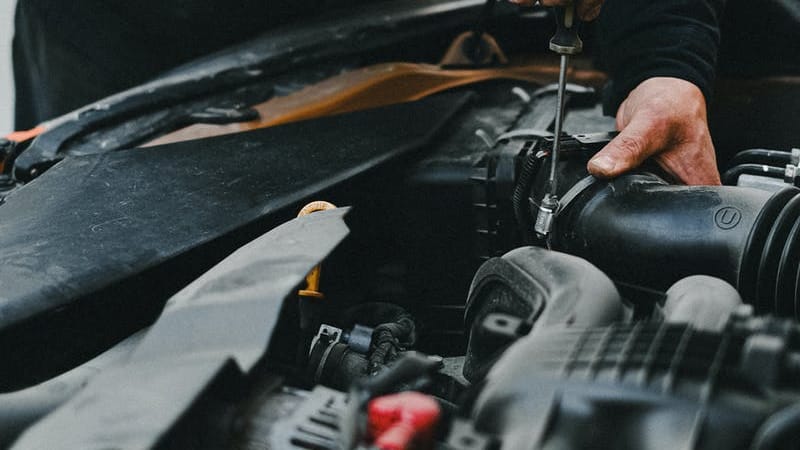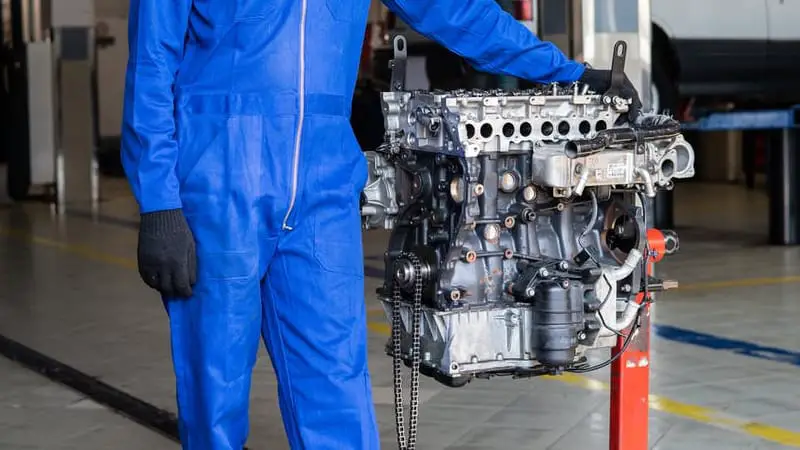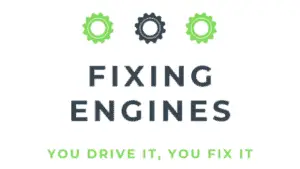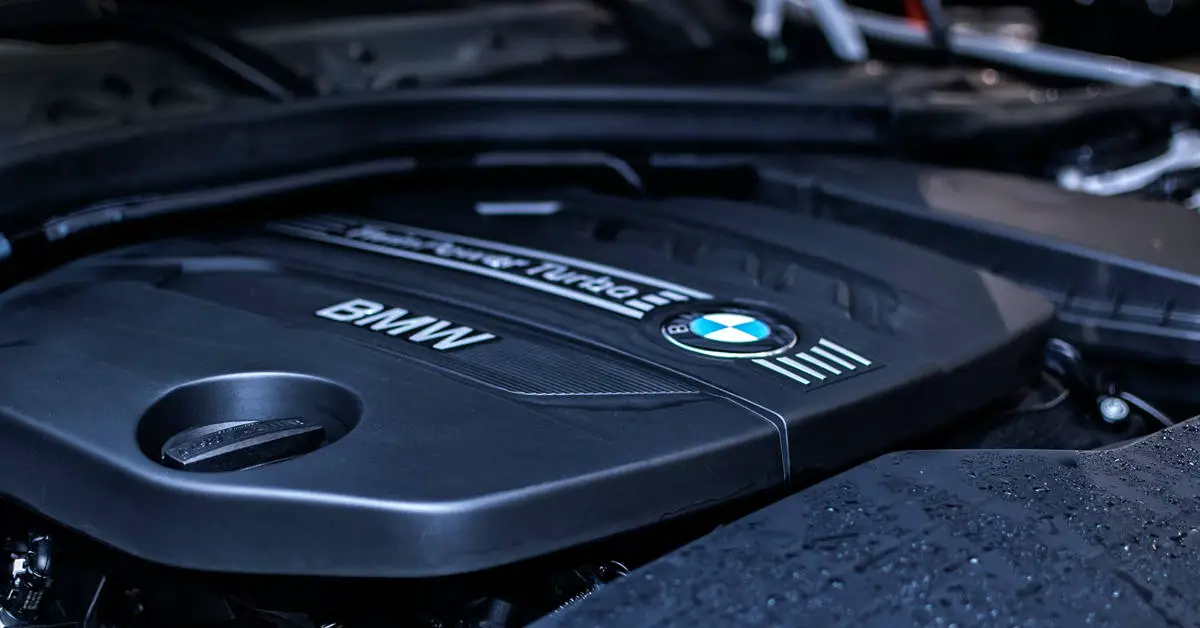An alternator is, no doubt, one of the most important components of a car. Apart from some hybrid vehicles, all other vehicles with internal combustion engines come with an alternator.
In case you don’t know, the alternator is the car component that’s responsible for converting mechanical energy to electrical energy. It ends up distributing the electricity to the appropriate components of your vehicle, including helping to recharge your battery.
As important as the alternator is, you need to know that it’s not without its issues. One of the common issues of a poor alternator is frequent stalling. Besides, it could make you experience trouble starting your car. That’s not all: a weak alternator could also affect the overall performance of your engine, in rare cases.
Is it possible for your car alternator to affect horsepower? Can a weak alternator cause poor engine performance? Can a bad alternator cause slow acceleration? These are the frequently asked questions that you’ll find answers to as you read through the rest of this article.
Can a Car Alternator Affect Horsepower?

“Horsepower” is a term that was coined by Scottish engineer James Watt in the late 18th century. After a lot of research and all, Watt was able to come up with an equation that says horsepower equals 33,000 foot-pounds in one minute.
That said, it’s safe to say that horsepower is a measurement of a vehicle’s engine’s power. A vehicle with higher horsepower will most likely deliver a stronger and faster speed when you drive it around.
An alternator, as earlier mentioned, plays an essential role in a vehicle. Its primary function is to help you charge your battery. Apart from that, an alternator also works by generating enough electrical energy to feed the appropriate systems in your vehicle.
Depending on the type and working condition of an alternator, experts reveal that this component is capable of producing an output of about 100 to 200 amperes, or 1200 to 2400 watts. By conversion, it’s safe to say that an alternator can deliver an output horsepower of about 1.6 to 3.2 horsepowers. This value is achieved by dividing the total output power in watts by 746 (2400/746).
In good working conditions, an alternator can always deliver an output horsepower of up to 3.2 horsepower. However, if not in good shape, you’ll only get to achieve reduced horsepower.
That said, the bottom line is that a car alternator can always affect your horsepower. If the alternator is failing, the output power will be reduced – this will certainly reduce the horsepower delivered to your vehicle.
And don’t forget that the higher the horsepower, the faster the speed of your car. That said, with a poor alternator, the speed of your car will most likely be affected as a result of the reduction in the horsepower going to your car. A high-performance and high-amp alternator will certainly add more horsepower to your car engine.
Can a Weak Alternator Cause Poor Engine Performance?
Having a weak alternator in your car is certainly not a good thing. It could lead to several different issues, which could end up preventing your vehicle from running. Since that’s the case, it’s always advisable to take your alternator seriously and fix it once you start getting warning signs that it’s failing.
Warning Symptoms of a Poor Alternator
In case you don’t know, one of the warning signs that you’ll get to know that your alternator is failing is when you start getting dim or overly bright lights. A failing alternator will most likely provide your car with inconsistent voltage; sometimes the voltage could go up and other times, it could come down. This explains why a poor alternator could make your lights dim or overly high.
As earlier mentioned, the primary function of an alternator is to charge your car battery. If the alternator is failing, it’ll experience a hard time charging your battery. Unfortunately, if this goes on for a long time, it’ll most likely affect your battery performance or leave it dead.
Furthermore, a failing alternator could make you experience a hard time starting your vehicle. This most likely will occur if the alternator isn’t charging your car battery. In addition to that, a bad alternator could also make your vehicle stall.
A Poor Alternator Could Affect Your Engine Performance

In addition to the warning symptoms in the previous section of this post, i’s worth knowing that a poor or bad alternator can also affect your engine performance – this happens in rare cases though.
Here’s why; if the alternator is failing, it’ll provide insufficient charge. If this happens, a lot of strain will be introduced to your engine as the battery tries to recharge. Over time, if the alternator isn’t fixed, the battery will end up becoming dead. So, the bottom line is that a poor alternator can always lead to a poorly running engine, which is not good enough for your vehicle.
Can a Bad Alternator Cause Slow Acceleration?
In the first section of this post, I talked about how an alternator can affect a car’s horsepower. With a poor alternator, your vehicle will achieve reduced horsepower, which could end up affecting the performance of your engine and the vehicle’s overall speed.
As you already know, a failing alternator can lead to a insufficient charge in your car. It could also make the electrical system in your vehicle malfunction, affecting the overall engine performance. Some of the symptoms that you’ll get to know that the alternator is failing to include slow acceleration, stalling vehicle, car failure.
So, the bottom line is that a weak or bad alternator can always cause slow acceleration of your car.

